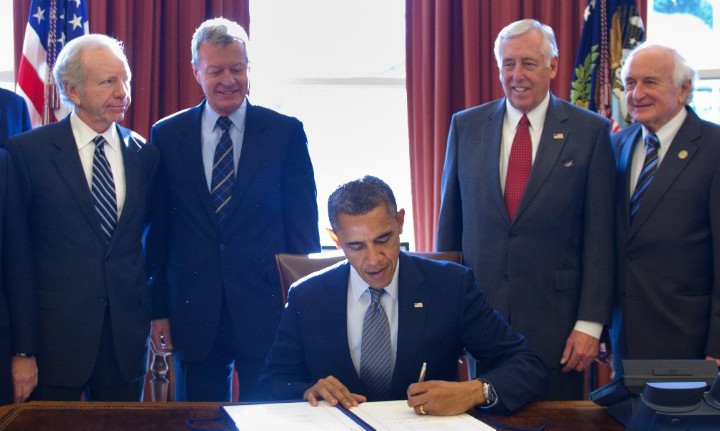Representing SDNs And How Counsel Of Choice May Disappear
I have previously written on the difficulties of representing Specially Designated Nationals and Blocked Persons (“SDNs”) due to issues concerning receipt of funds from blocked sources. As I have mentioned previously, OFAC will only allow for the unblocking of funds to be paid to counsel representing an SDN in an administrative or civil proceeding challenging their blocking at a rate not to exceed $125 per hour, up to a cap set for each stage of the administrative proceedings or litigation. The total limits on the amount of licensable fees are $14,000 for administrative proceedings; $14,000 for district court litigation; and $10,000 for appellate court litigation. In extraordinary cases, such as cases involving lengthy or complex proceedings the maximum fees allowed could be doubled for each stage. Thus, in these cases, counsel might be licensed up to a total of $28,000 for administrative proceedings; $28,000 for district court litigation; and $20,000 for appellate court litigation. These overall monetary caps are calculated based on two attorneys per case, but an SDN can choose to have these funds divided up among as many lawyers of their choosing. In addition to legal fees, certain legal costs of a designated Blocked Party may be licensed for payment from blocked funds, up to a cap of $15,000; this cap applies to costs incurred by all attorneys during the course of administrative proceedings and litigation.
However, if you have a client who has the means to make payment from unblocked sources there are still two other difficulties that face counsel and the SDN in this process. First, is waiting around for OFAC to return a determination on the license application. The last time we put in an application to get paid by an SDN from unblocked sources it took a little over 14 weeks to receive the license. That was just enough time for the SDN’s foreign accounts to be proactively blocked by its foreign financial institutions and/or for their resources to be depleted while they paid their employees at a time when their business was suffering due to their designation. Hence, by the time we received the license the chances of being paid were significantly reduced.
A second problem, and even more disturbing, is that foreign financial institutions have begun refusing to release funds from these SDNs to US counsel, despite an OFAC license permitting the payment of such funds. For example, in another SDN related matter, the transfer of legal fees to our office was initially blocked and held up for over six months, and then once unblocked, the bank required a special authorization from the third country from which the funds were being remitted before processing the payment. That was eleven (11) months ago. The fact that we had a valid OFAC license didn’t mean anything to the foreign financial institution.
The good news here is that we are still in business despite all of these difficulties receiving payments from those particular clients. The bad news is that, I have been handling OFAC SDN reconsiderations for a number of years over a number of sanctions programs and while the payment of fees from blocked sources was always an issue in SDN reconsideration representation, it seems as if the trend is that even clients with the means to pay from unblocked sources are having an absurdly hard time doing so.
Now, I don’t expect anyone to feel bad for a lawyer who has had a hard time getting paid from his clients who are allegedly involved in illicit financial transactions. And I’m sure that there are some folks at OFAC that would smile reading this piece and think that what I describe above shows that sanctions work. However, if you happen to be interested in justice, access to legal counsel, and limits on Executive authority, you may want to take note. The SDN designation and reconsideration process is already shrouded in secrecy and the Executive is given great deference in its determinations. If the trend that qualified, experienced counsel cannot obtain payment for services rendered in representing SDNs who may have been designated due to a case of mistaken identity, or who no longer deserve to be on the SDN List due to a change in circumstances, continues, then OFAC’s ability to designate as it pleases goes nearly unchecked. Of course, if you don’t care about the potential for government overreaching and unchecked authority, then please disregard this post.


